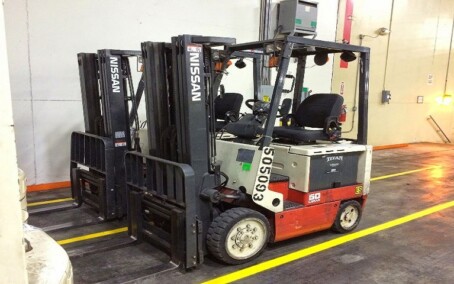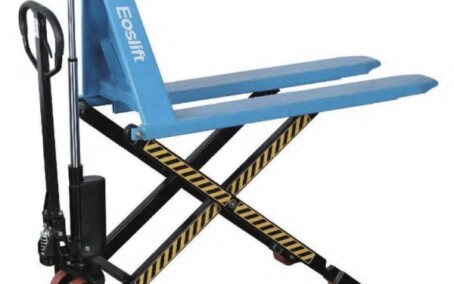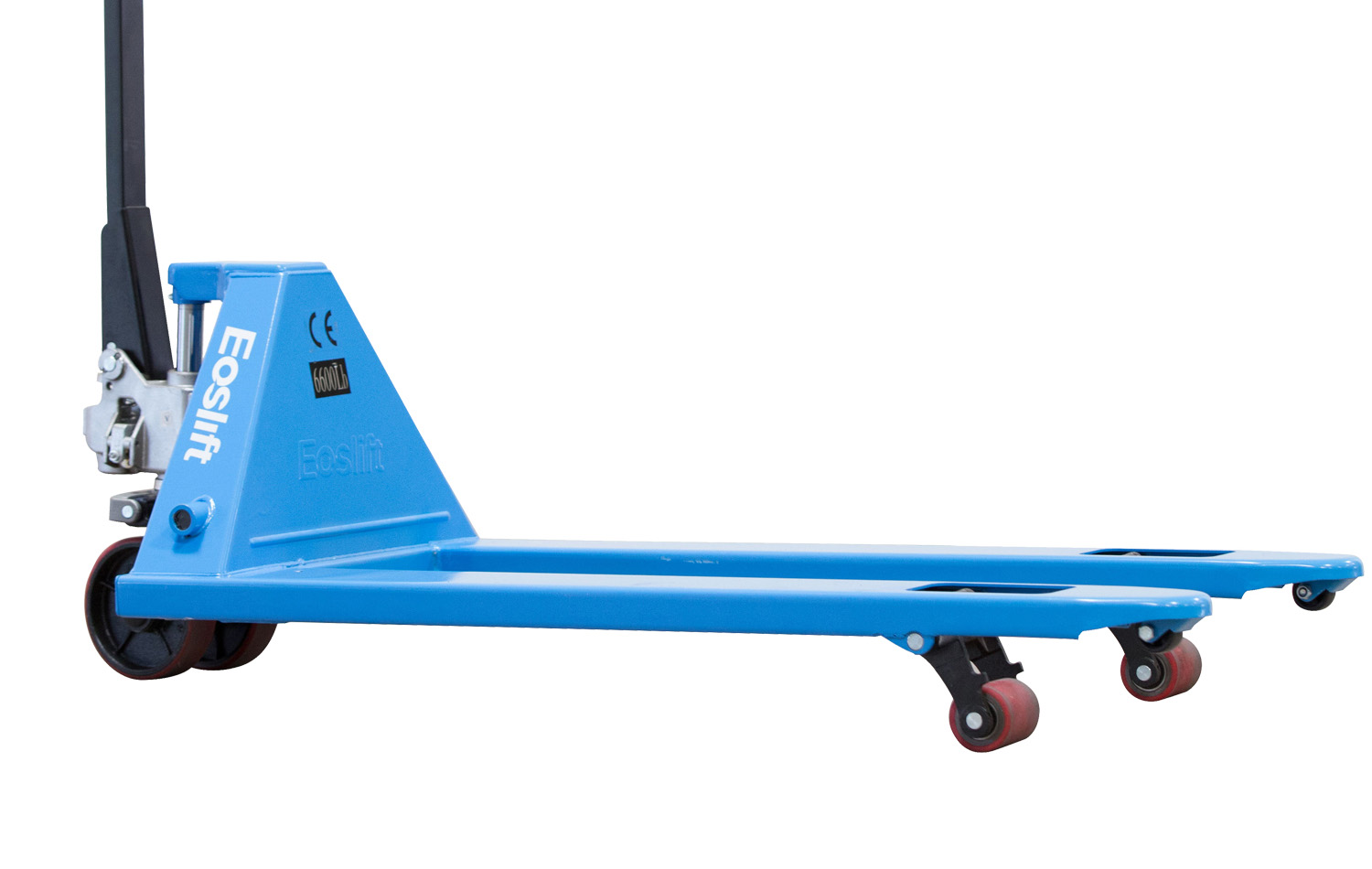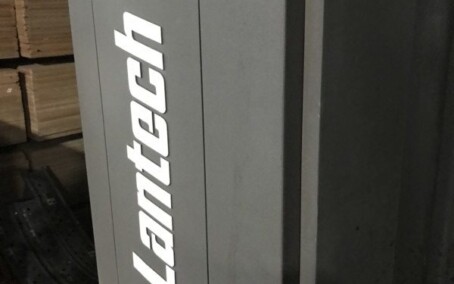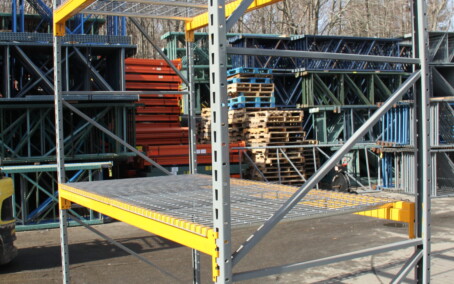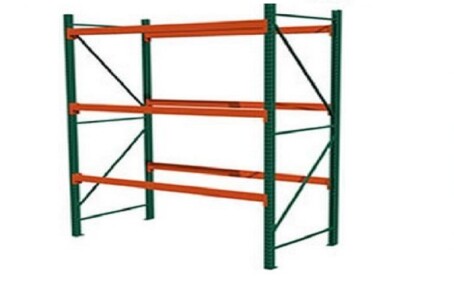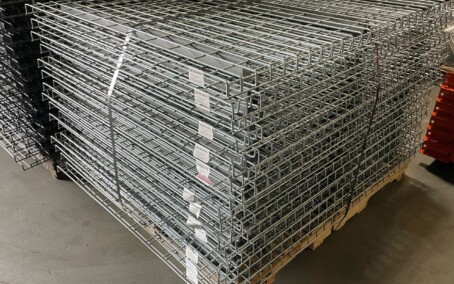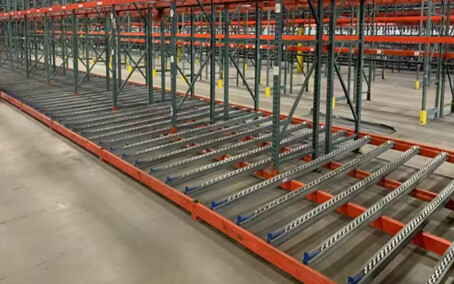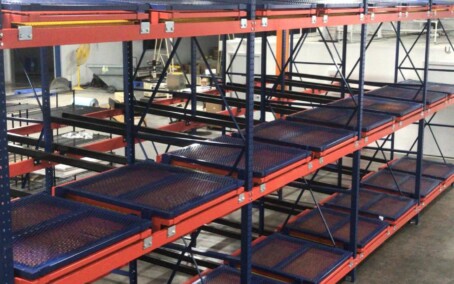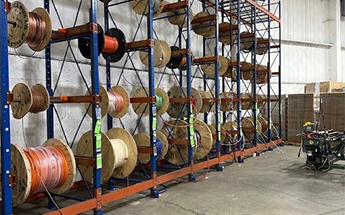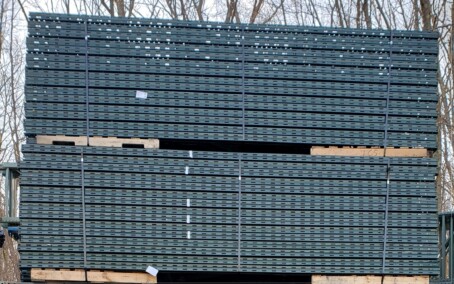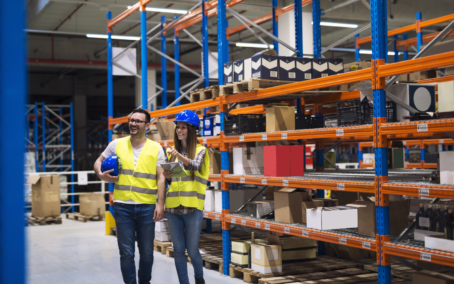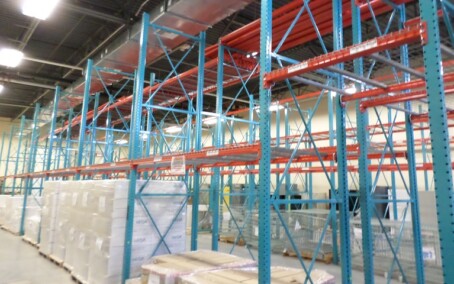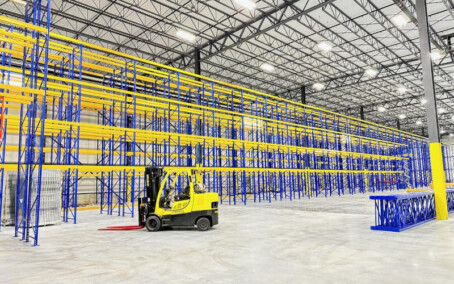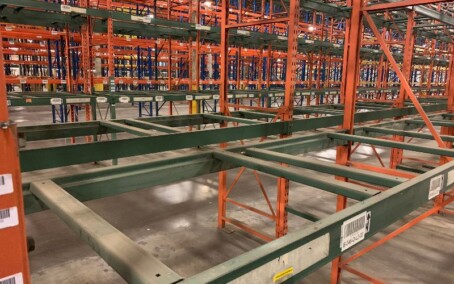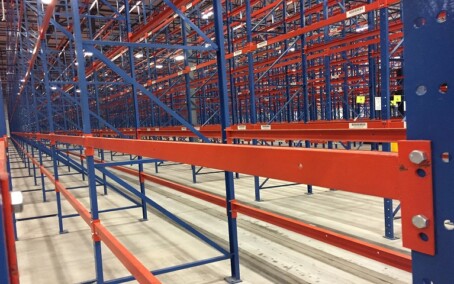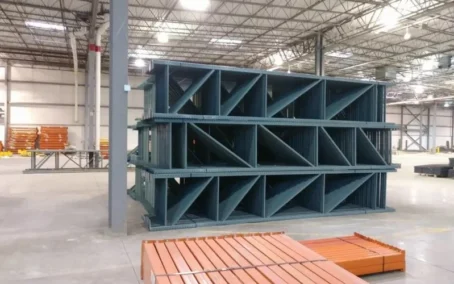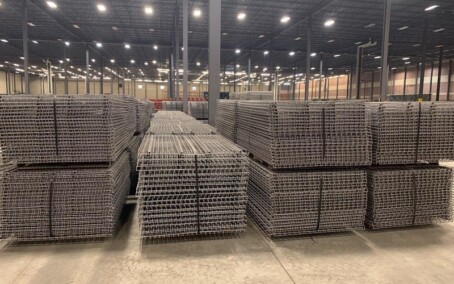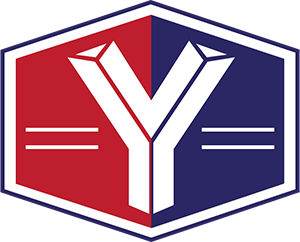Industrial Lift Equipment FAQ
Here are answers to some common questions about industrial lift equipment available from Yankee Supply. If you need further assistance or would like to place an order, feel free to contact us at 800.232.7225.
1. What is industrial lift equipment used for?
Industrial lift equipment is designed to assist with lifting, moving, and positioning heavy materials in various industrial settings. This equipment is essential in warehouses, factories, construction sites, and more, where manual lifting is impractical or unsafe. It includes tools such as forklifts, scissor lifts, and hoists, all designed to improve efficiency and reduce labor costs.
2. What types of lift equipment are available?
There are several types of lift equipment available to meet different lifting needs. Common options include:
- Forklifts: Ideal for transporting heavy loads across short distances.
- Scissor lifts: Great for vertical lifting in tight spaces, especially for maintenance or overhead work.
- Stackers and pallet jacks: Used for handling pallets in storage areas.
- Hoists: Used to lift items vertically, typically in industrial and construction settings.
Each type is designed with specific capabilities in mind, making it important to choose the right equipment for your tasks.
3. How do I choose the right lift equipment for my needs?
When selecting lift equipment, consider the type of load, the height to which it needs to be lifted, and the space constraints of your work environment. For example, scissor lifts are great for tight spaces and vertical lifts, while forklifts are better for moving heavy loads across greater distances. If you're unsure which equipment is best for your business, our team at Yankee Supply can help guide you based on your specific requirements.
4. What is the weight capacity of industrial lift equipment?
The weight capacity of industrial lift equipment can vary depending on the type and model. For instance, forklifts generally range from 3,000 to 10,000 pounds, while scissor lifts might handle lighter loads but offer high vertical reach. It’s important to choose equipment with the appropriate capacity to ensure safety and efficiency. Always check the specifications of the lift equipment before use to avoid overloading.
5. Are steel lift equipment models better than other types?
Steel lift equipment is often preferred for heavy-duty applications due to its durability and ability to handle large loads. Steel provides a higher weight capacity and resistance to wear compared to plastic or lighter materials. However, depending on the task, lighter materials or models might be suitable for less demanding lifting needs. At Yankee Supply, we can help you decide the best material for your specific lifting requirements.
6. How do I maintain my industrial lift equipment?
Routine maintenance is essential for keeping industrial lift equipment running smoothly. Check the lift components regularly, including the hydraulic systems, wheels, and safety features. Perform any required lubrication and replace parts that show signs of wear. For steel models, inspect for rust or corrosion, and apply protective coatings if needed. Our team at Yankee Supply can provide maintenance tips and suggest service providers if necessary.
7. Can industrial lift equipment be used outside?
Yes, many models of industrial lift equipment can be used outdoors, especially if they are designed for rough terrain or weather-resistant environments. For instance, certain forklifts and mobile lifts are equipped with features like durable tires and weatherproofing to handle outdoor conditions. Always check the manufacturer's guidelines to ensure that the equipment is suitable for outdoor use.
8. How safe is industrial lift equipment to use?
Industrial lift equipment is safe when used correctly. It’s important to follow manufacturer safety guidelines, undergo proper operator training, and perform regular safety checks on the equipment. Safety features like load sensors, emergency stop buttons, and stability systems are built into many lift equipment models to reduce the risk of accidents. At Yankee Supply, we ensure that the equipment we provide meets high safety standards.
9. Is it possible to rent lift equipment instead of buying?
Yes, many types of lift equipment are available for rent, which can be a cost-effective option for short-term projects or seasonal needs. Renting lift equipment allows you to avoid long-term commitments and maintenance costs. Contact Yankee Supply to learn more about rental options for your business needs.
10. How do I order industrial lift equipment from Yankee Supply?
Ordering industrial lift equipment from Yankee Supply is simple! Just call us at 800.232.7225, and our customer service team will help you choose the best equipment based on your requirements. We offer fast shipping and competitive pricing, ensuring you get the right lift equipment when you need it.
For more information or to place your order, give us a call at 800.232.7225 today!





